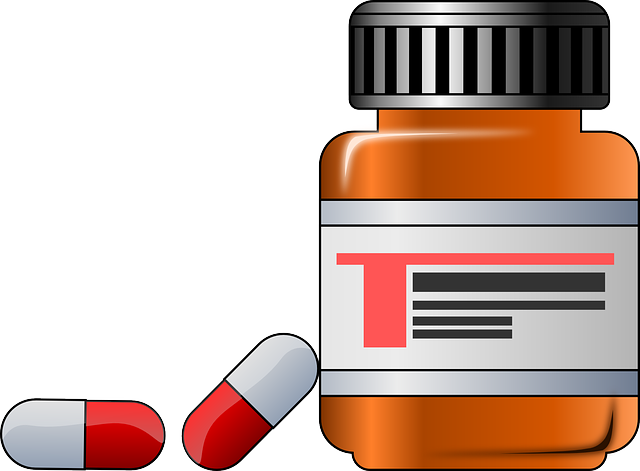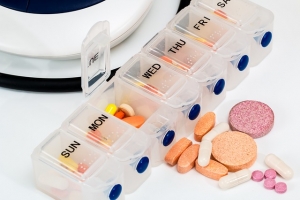
Will My Child Be Smarter If I Take Iron Supplements during Pregnancy?
Taking iron as a nutritional supplement is a common practice during pregnancy. In fact, it is recommended by most health institutions around the world. However, experts are divided about whether iron should be regularly administered to pregnant women. In some countries, pregnant women are routinely advised to take iron supplements, but








Follow Me